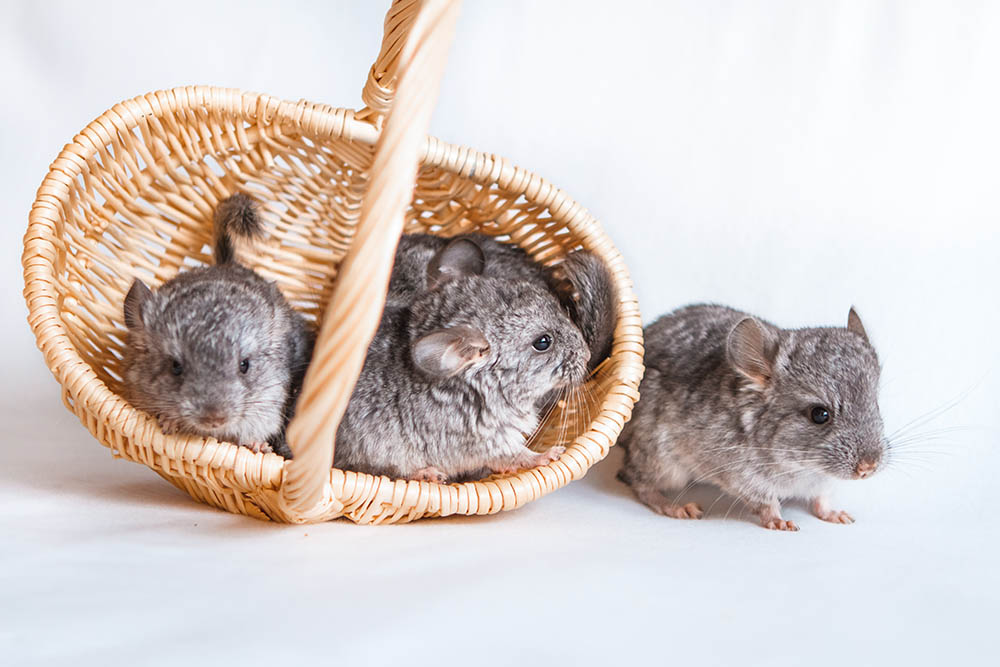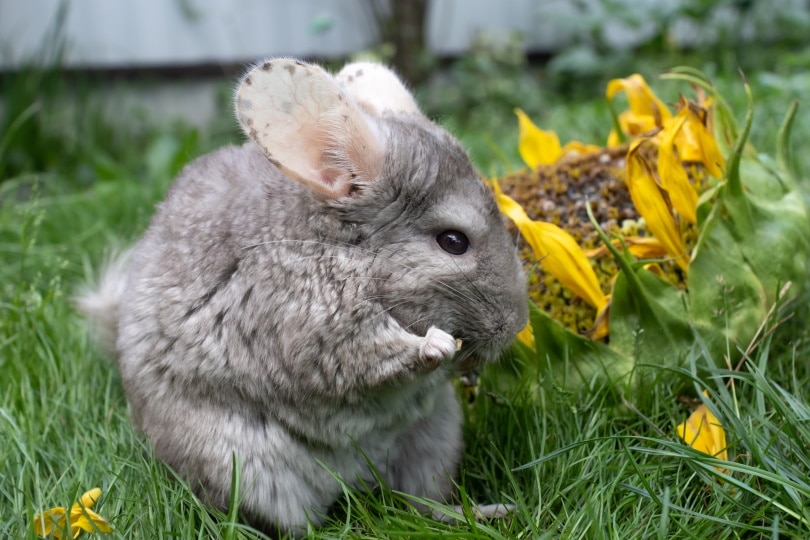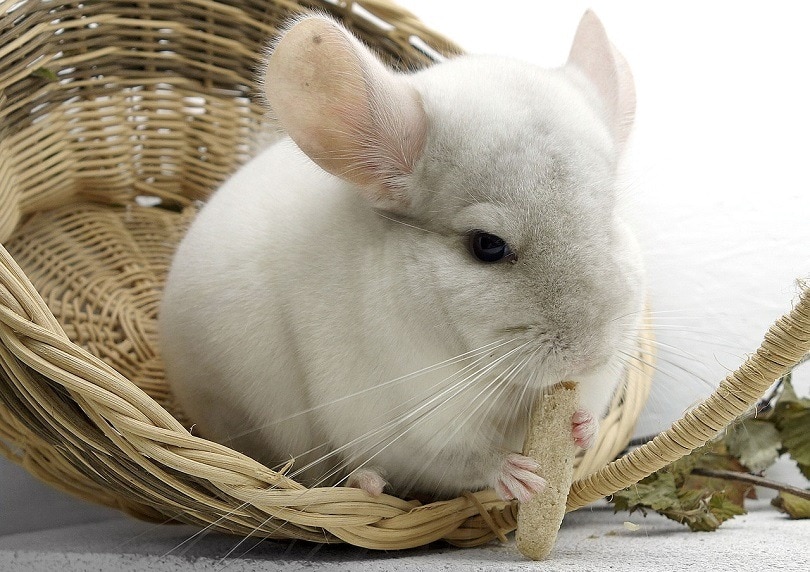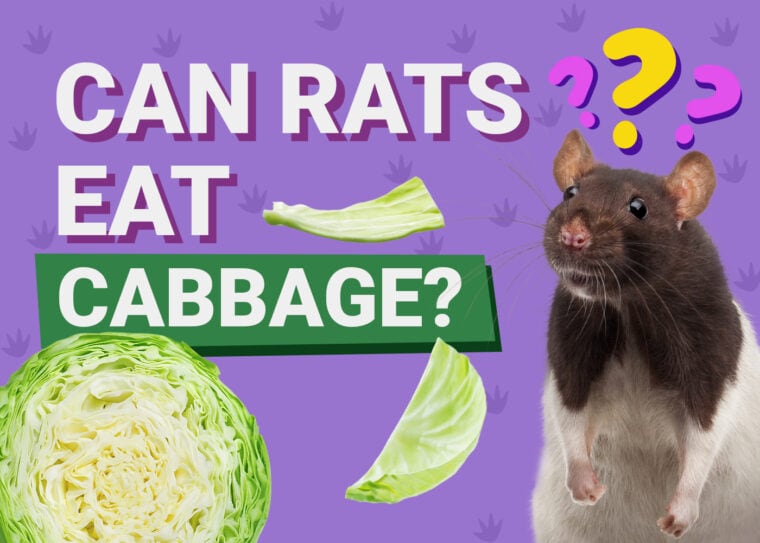
Rats are known to eat everything they come across in the wild. If you are a rat owner, it is less likely to feed the animal just anything. Rats are omnivores and prefer to eat grains, seeds, fruits, nuts, and vegetables.
So, can rats eat cabbage? They sure can eat cabbage but in limited amounts.
When rats overeat cabbage, they can suffer severe diarrhea. For this, you should serve cabbage as a side dish. In addition, avoid red cabbage as it causes more severe side effects.
Here is everything you need to know about feeding cabbage to your rat.
Feeding White and Green Cabbage to Your Rat
Cabbage is rich in vitamins C, K, B-vitamins, fiber, sugars, carbohydrates, and minerals. The minerals include potassium, calcium, sodium, phosphorous, magnesium, sodium, iron, and zinc.
But as much as cabbage is nutritious, you should only serve tiny servings to your rat. Overeating roughage can lead to diarrhea. Therefore, treat cabbage as your pet’s occasional dish to avoid harming it.
Can Rats Eat Red Cabbage?
Red cabbage is different from white and green cabbage. The vegetable contains sulfur and produces gas, which causes more severe effects on rats. How so?
Rats do not have a gag reflex. This means that they can neither burp to release gas nor vomit. Once you feed them, the content has to go through their digestive system.
So, when you feed them red cabbage, their tiny tummy has no way to get rid of the excess gas. This can result in gastrointestinal distress and choking hazards.
In addition, red cabbage also causes thiamine deficiency in rats. This can lead to cognitive and memory deficits as well as serious health complications.
Can Rats Eat Cauliflower?

A cauliflower, which means cabbage flower, belongs to the same family as cabbage. The cabbage flower is safer to feed to your rat compared to white cabbage.
This is because raw cauliflower comprises 92% water, 5% water, and just 2% protein. The remaining 1% comprises fats and calories. This means that the vegetable is low in calories and fats and does not pose health risks to your pet.
Besides, it is an excellent source of fiber, which helps the rat’s digestive system. That’s not all. Cauliflowers are rich in antioxidants, which protect the animal from DNA damage to provide a healthy immune system.
Other vital minerals and vitamins found in the vegetable include choline, vitamin K, vitamin B6, folate, potassium, phosphorous, manganese, magnesium, and Pantothenic acid.
It is also safe to feed cauliflower leaves and stalks to your pet. In addition, you can serve it raw, boiled, or steamed. Leave the salt, sauce, oil, and spices out if you decide to cook the cauliflower.
Can Rats Eat Broccoli?

Like cauliflower, broccoli also belongs to the cabbage family. But can rats eat broccoli? Sure. Broccoli is not harmful to rats. Instead, it is a healthy cabbage that is high in vitamins and mineral content.
This leafy green vegetable is rich in fiber, proteins, and carbohydrates. It also has Vitamin C, Vitamin B9, Vitamin K1, potassium, iron, and manganese, which are essential for your pet’s overall health.
You can serve it raw, boiled, or steamed. If you opt for raw feeding, ensure you thoroughly wash the vegetable to get rid of pesticides. The effective way is to mix baking soda and water, then soak the broccoli in the solution for two minutes.
Which parts of the broccoli are safe for feeding your rat? All parts are harmless. This means you can serve the broccoli’s stalk, leaves, and stems without worrying.
Can Rats Eat Brussels Sprouts?

It would be best if you avoided feeding Brussels sprouts to your rat. These little green cabbages are packed with fiber, Vitamin C, and Omega-3 fatty acids.
Sadly, they also contain a compound that leads to thiamin deficiency (vitamin B1) in rats when served in high amounts. The deficiency then leads to muscle weakness, weight loss, memory loss, and cardiovascular problems.
What if brussels sprouts are the only vegetable at your disposal? Well, it would be best if you cooked it before feeding it to your rat. Leave the oil, salt, and sauce out. Furthermore, ensure you serve the sprouts occasionally and in limited amounts.
A Guide to a Rat’s Nutritional Needs
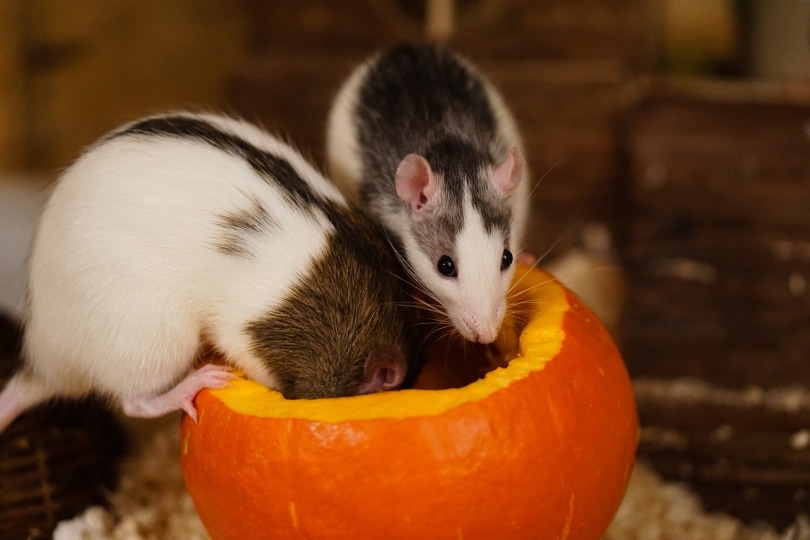
Like humans, rats need to maintain a healthy balanced diet to meet their nutritional needs. Therefore, find the best store-bought pellets or blocks made explicitly for rats to act as base food.
Block food works better than pellets as it gives the animal good chewing exercise. Also, soy meal blocks are preferable since they are healthier.
When choosing commercial food, ensure that the fiber content is higher than fat. It would be best if it has more than 18% fiber and less than 4% fats.
Besides the pellets and blocks, rats also need small amounts of fresh fruits and vegetables daily. You can try apples, melons, bananas, pears, citrus fruits, carrots, celery, berries, parsley, fresh corn, and peas.
You can also offer grains, seeds, cereals, rice, cooked pasta, biscuits, and breakfast cereals are treats. However, they should be offered in tiny amounts.
Lastly, ensure your pet has access to clean drinking water at all times.
Foods to Avoid Feeding Your Rat
Here is a list of foods you should avoid feeding your rat.
If your pet rat is male, avoid all foods with d-limonene. Examples include orange and lemon peels, nutmeg, mango, and black pepper. Rats can eat cauliflower, broccoli, white and green cabbage as an occasional side dish. However, limit the amounts per servings to avoid gastrointestinal problems for your cat. Also, it is best to do away with red cabbage, purple cabbage and Brussels sprouts as they cause thiamine deficiency in rats. Related Reads: Summary


